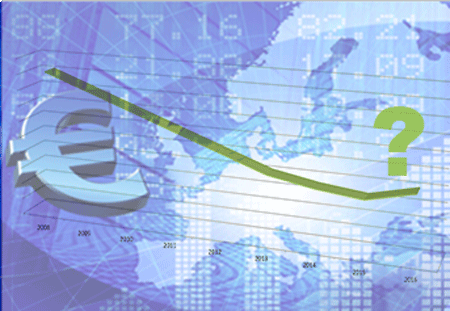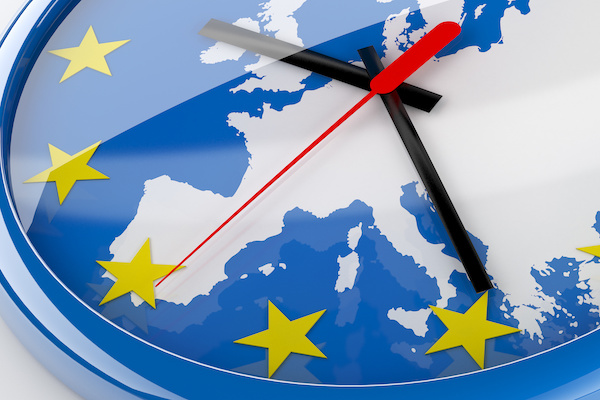26 October 2016
Wholesale electricity prices, the end of the downward spiral?


Since 2008, wholesale electricity prices have drastically fallen in Europe. The recent rise observed in mid-September is a positive step that still cannot be seen as the return to an economically viable situation. As far as France is concerned, setting a unilateral tax only targeting coal in this context was not suitable…
Since July 2008 and oil prices culminating at $145 per barrel, an accumulation of several factors has contributed to a fall in prices: on the one hand the demand drop stemming from an overall economic slowdown, and on the other hand the emergence of abundant new offers, with the rise of oil and shale gas. This global context has affected all energies and accelerated from 2014, leading to the loss of three quarters of the value of fossil energy sources in only eight years.
A global context that contributed to the fall of wholesale electricity prices in Europe
In Europe, this fall in coal prices in particular, the decrease in electricity demand and the development of new renewable capacities have led to the drop in energy prices by three. The wholesale base-load electricity price in France went from 91€ to 33€ in eight years, whereas the peak load price shrank from 131€ to 43€. Current prices have thus become lower than the full costs of all existing generation equipment, revealing an economically unsustainable situation.
A hope for recovery?
However, since mid-September 2016, a recovery in prices seems to emerge, with the first significant rise of wholesale prices for the last three years. This change is to be explained by the decrease in supply, both on the coal market with the closure of several unprofitable sites notably in the US, and on the oil market following the OPEC agreement to reduce the production quotas. Since January 1st, coal prices have increased by 63%, oil by 38% and gas by 12%. Directly impacted by the evolution of carbon price, the German base-load electricity price has increased by 5€. The increase has been even more spectacular in France with a rise of more than 9€ for the supplies in 2017. This significant increase in France is not to be explained by the evolution of raw material prices. Instead, it directly reflects the uncertain availability of the nuclear generation capacity, following the closure for inspection of nuclear reactors requested by the French Nuclear Safety Authority. In addition, though the French price for 2017 reached 42€, it remains at 35€ for supplies in 2018 and 2019.
An increasing use of coal
In this context, it remains difficult to assess whether the increase in prices will last and lead to a better economic situation. Considering the factors responsible for this price rise in France, now comes the issue of ensuring security of supply for this winter. It is still too early to take any stance at this stage; RTE’s report on the winter situation, which is to be released early November, will provide additional information. The number of nuclear reactors that will be authorized to reopen will be a key factor, together with the temperatures foreseen. Fossil-fired units are nonetheless very likely to be used.
Bad timing and lack of preparation for a carbon tax
This period was therefore not the most suitable to introduce a unilateral tax that would specifically penalize coal power plants via an amendment to the draft budget bill for 2017, especially when the report by the Inspectorate General on the legality of this “carbon tax”, which turned into a “coal tax”, is still to be released. If UFE is convinced that the future of electricity lies in the reduction of its carbon footprint, the Union is committed to accompanying beforehand such change at the social level, component that was missing once more in the discussions on the budget law.
Find out more
02 June 2020
“Long live Europe”: it’s time for Europe!
25 February 2020
Brexit: love last 47 years


About us
The Union of the French Electricity Industry is the trade association of the French electricity sector. We bring together companies from the whole value chain of the electricity industry.
Find out more









